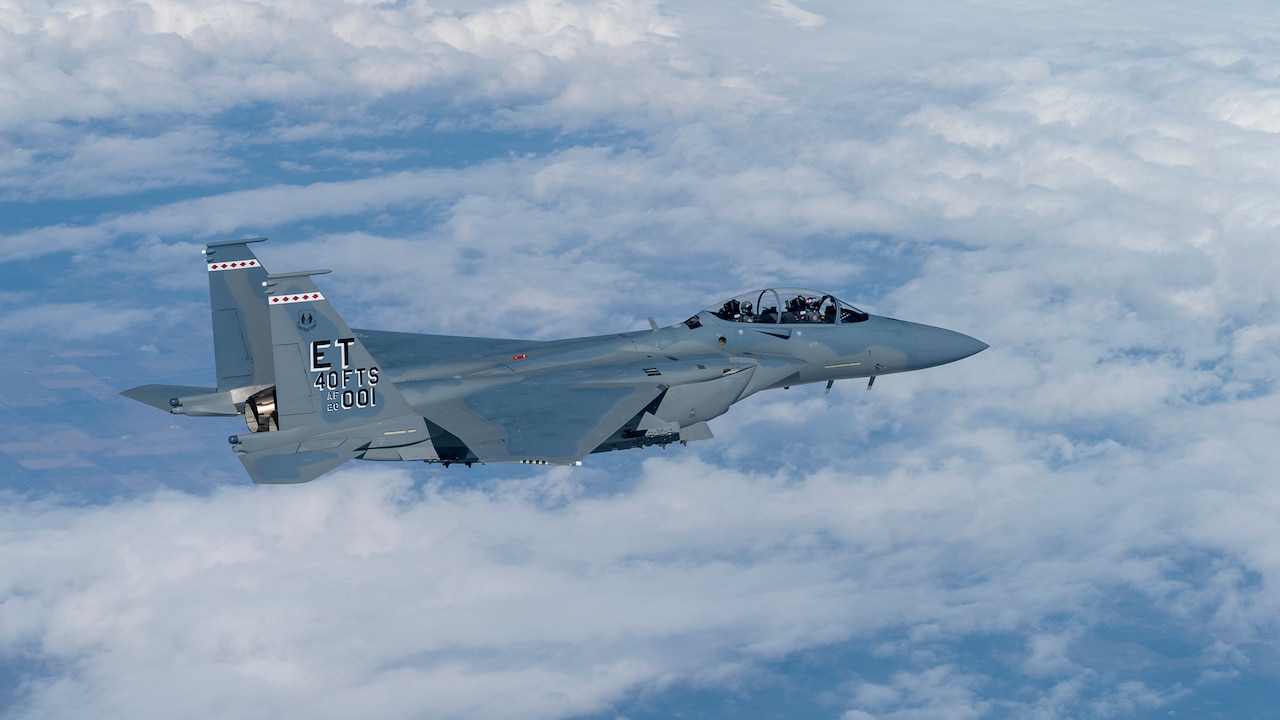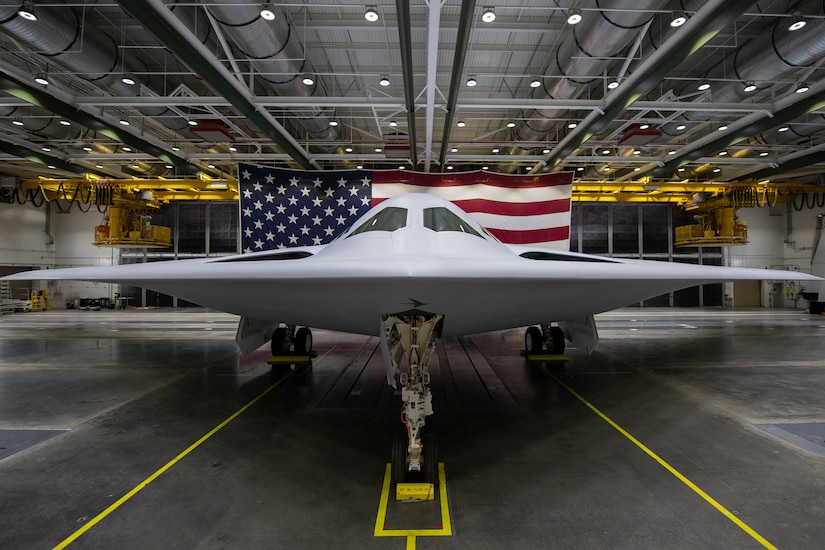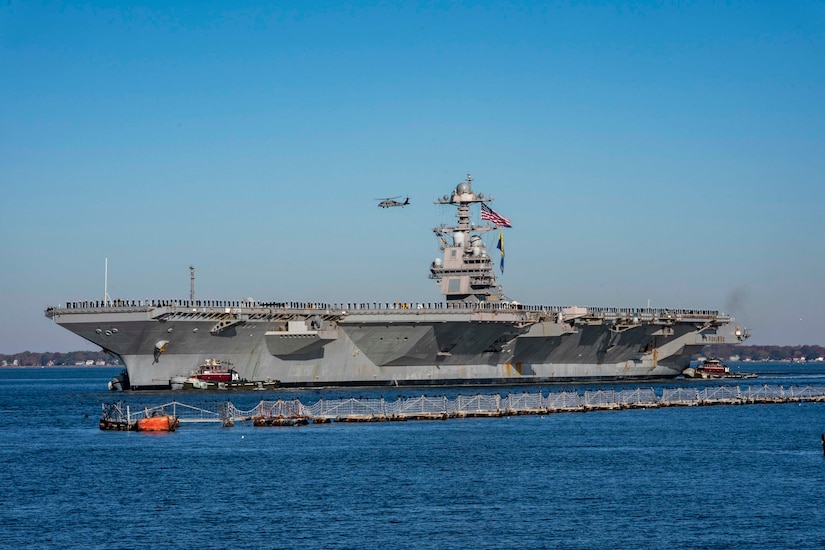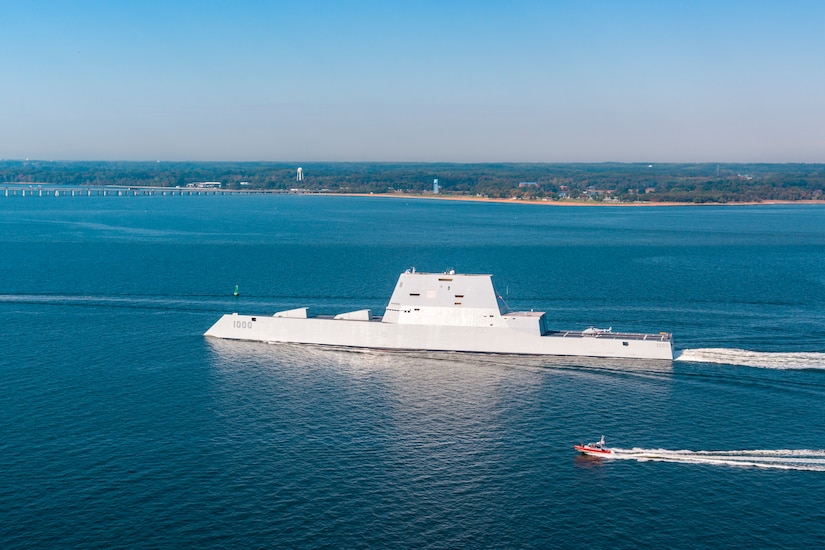C. Todd Lopez
With many hotspots around the globe creating uncertainty, the United States will need more than the assistance of Congress and American industry to build, maintain and strengthen the deterrent capability needed to defend democracy and maintain a free and open global world order.
"These next few years will set the terms of our competition with the People's Republic of China, and they will shape the future of security in Europe, and they will determine whether our children and grandchildren inherit an open world of rules and rights, or whether they face emboldened autocrats who seek to dominate by force and fear," said Secretary of Defense Lloyd J. Austin III during a keynote presentation Saturday at the Reagan National Defense Forum in Simi Valley, California.
Deterrence is at the heart of the National Defense Strategy, which the Defense Department released just last month, Austin said.
"We've got the right strategy and the right operational concepts," Austin said. "And they're driving us to make the right investments for our warfighters. So we're upgrading and honing and strengthening our armed forces for a changing world."
In an imperfect world, Austin said, "deterrence does come through strength. We will continue to make clear to any potential foe the folly of aggression against the United States at any time, or any place, in any theater, or any domain."
Austin laid out some of the efforts the U.S. military is undertaking to strengthen that deterrence, including that on land, air and at sea.
In the fiscal year 2023 budget, he said, the Defense Department requested more than $56 billion for airpower. That is focused on the F-35 Lightning II, the F-15EX fighter, the B-21 Raider and other systems.
"American airpower helps deter conflict every day, from joint exercises with our Indo-Pacific partners, to aerial drills with our allies to protect NATO's eastern flank," Austin said.
Deterrence also happens on the ocean, he said. There, the Defense Department is investing in construction of nine battle-force ships, and continuing to invest in the Ford-class nuclear-powered aircraft carriers and the Columbia-class ballistic-missile submarines. Just last month, he said, an American Ford-class nuclear powered carrier made its first transit to Europe.
Also included in deterrence are long-range fires — the kind finding success now in Ukraine.
"Long range fires will be vital for contingencies in the Indo-Pacific as well," he said. "We're investing in land-based hypersonic missile batteries and in an air-launched hypersonic cruise missile. And the USS Zumwalt will become the first Navy platform to field hypersonics."
Perhaps the strongest deterrent, Austin said, is America's nuclear capability. And there's plenty of investment there as well, he told the audience.
"Deterrence means a safe, secure and effective nuclear arsenal as the ultimate backstop to deter strategic attacks on our country and our allies, including NATO, Japan and the Republic of Korea," he said, adding that the fiscal year 2023 budget includes $34 billion to modernize the nuclear triad and to bolster nuclear command, control and communications.
Austin called on Congress to pass an on-time appropriation to ensure the department gets the capabilities needed to further strengthen its deterrent capability.




No comments:
Post a Comment